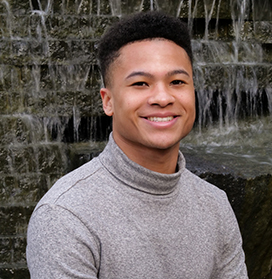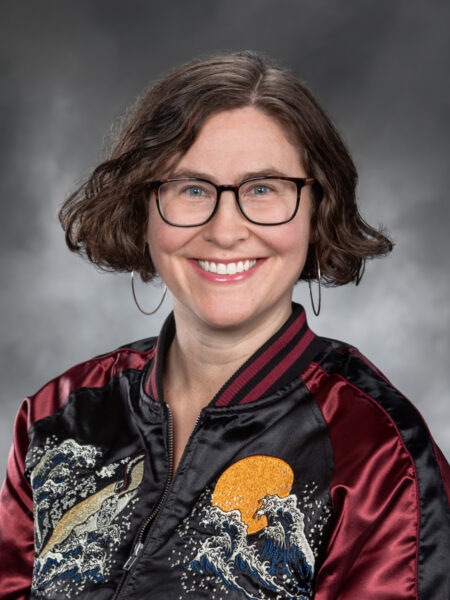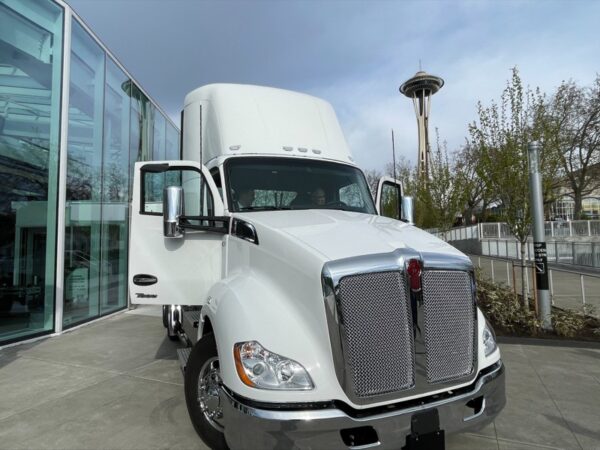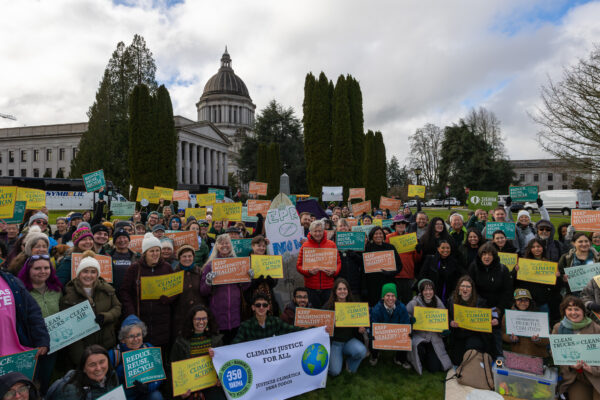By Brad L. Blackburn III, Advocacy and Community Outreach Intern
In the midst of the tragedies that we are currently facing in our country – the murders of Breonna Taylor, George Floyd, and Ahmaud Arbery – the eyes of many that overlooked the issues of systemic oppression against Black Americans are beginning to open. As I continue to attend protests, I am inspired to see the growing number of allies that come out to the front lines and protest; but it is important for everyone to understand that the injustices that Black Americans face goes far beyond police brutality.
We pride ourselves on being the land of the free when we have the highest incarceration rate in the world. We prioritize profit over valuing the lives of human beings, as many for-profit prisons are funded by the number of beds that are filled. We exploit our prisoners by making them work for pennies as big corporations profit off of their punishment. In America, 1 in 3 Black men will be arrested at least once in their lifetime. 1 in 6 Latino men will be arrested in their lifetime. What is this statistic for white men? 1 in 17. If Black and Latino men were incarcerated at the same rates as whites, the prison and jail population would decrease by nearly 40%. These oppressive tactics continue to discriminate against people of color in ways that we cannot continue to overlook.
It becomes abundantly clear that there is a lack of care for our prisoners when we see that 600 federal and state prisons are located within just three miles of a federal Superfund site, and over 100 of those are within just one mile of the toxic site. Here in Washington, the Northwest Detention Center (NWDC) is located in the Tacoma Tideflats which is so polluted that it is deemed unfit for residents. The Detention Center sits adjacent to a federal Superfund cleanup site where a coal and gasification plant leaked toxic sludge into the soil for three decades. When I first discovered this, I was furious that our government would allow people to be detained in an area so polluted it was unfit for residents. But our elected officials found a loophole by arguing that the NWDC didn’t fit the state’s definition of an “essential public facility”. On top of that, the Northwest Detention Center is operated by GEO Group, the nation’s second largest for-profit prison operator. This shows why elected officials were motivated in finding loopholes to build the facility.
The environmental impacts on people of color goes far beyond our prisons. Communities of color are often located near industrial sites that pollute their air and water, which creates many health risks for those living in these communities. This often decreases the value of homes in communities of color, making it difficult for people to accrue wealth, and also impacts school funding given that schools are primarily funded through property taxes.
In March, I attended the No New Youth Jail rally in Seattle. King County spent $250 million to build a new youth jail with the capacity to house hundreds of youth. We know that Black and Brown youth will disproportionately fill this new facility. Why would our local government spend $250 million on a youth jail when they could invest that money into our communities to help those youth? The same goes for defunding the police. As a country we must reimagine a new model for law enforcement that is not discriminatory against people of color. It is evident that when quality of life improves, crime decreases. By investing in our communities, we can begin the journey of bridging racial achievement gaps and bringing forth equity.
Racial inequities should not be seen as political issues, but as human rights issues. I am proud to have interned for an organization that understands the importance of racial equity in the fight for environmental justice. There are many layers to systemic oppression, and I feel that as a collective people it is our duty to stand up and drive change for those that have not been given a fair chance. This is not a fight that people of color can take on alone, spreading awareness and being an ally is the best way for the voices of the unseen to be heard.
Good reads for more information:
Equal Justice Initiative (Investigation Reveals Environmental Dangers in America’s Toxic Prisons) –
https://eji.org/news/investigation-reveals-environmental-dangers-in-toxic-prisons/
Sierra Club (Prison Ecology) –
https://www.sierraclub.org/sierra/2015-6-november-december/grapple/prison-ecology
The Nation (Race Best Predicts Whether You Live Near Pollution) – https://www.thenation.com/article/archive/race-best-predicts-whether-you-live-near-pollution/
Pew Research Center (View of Racial Inequality) – https://www.pewsocialtrends.org/2019/04/09/views-of-racial-inequality/

Brad earned his Associate of Arts degree at South Puget Sound Community College through the Running Start program and is on track to graduate early at the University of Washington. As a full-time student at the UW Seattle, Brad plans to double major in Political Science and Law Societies and Justice. Throughout his academic career he has been a strong advocate for racial justice and educational equity. His advocacy work includes speaking at equity summits for state leaders and policy makers, speaking at school district board meetings, organizing student protests and events, and lobbying at the Washington State Capitol. Born and raised here in Western Washington, Brad grew up in an outdoorsy family that loves to hunt, fish, and hike.
Through this he experienced the beauty of nature and learned to appreciate the environment – with this came the strong urge and moral obligation to ensure its protection. With his love of the environment and passion for racial justice, Brad is working to help drive change with us here at WEC.



